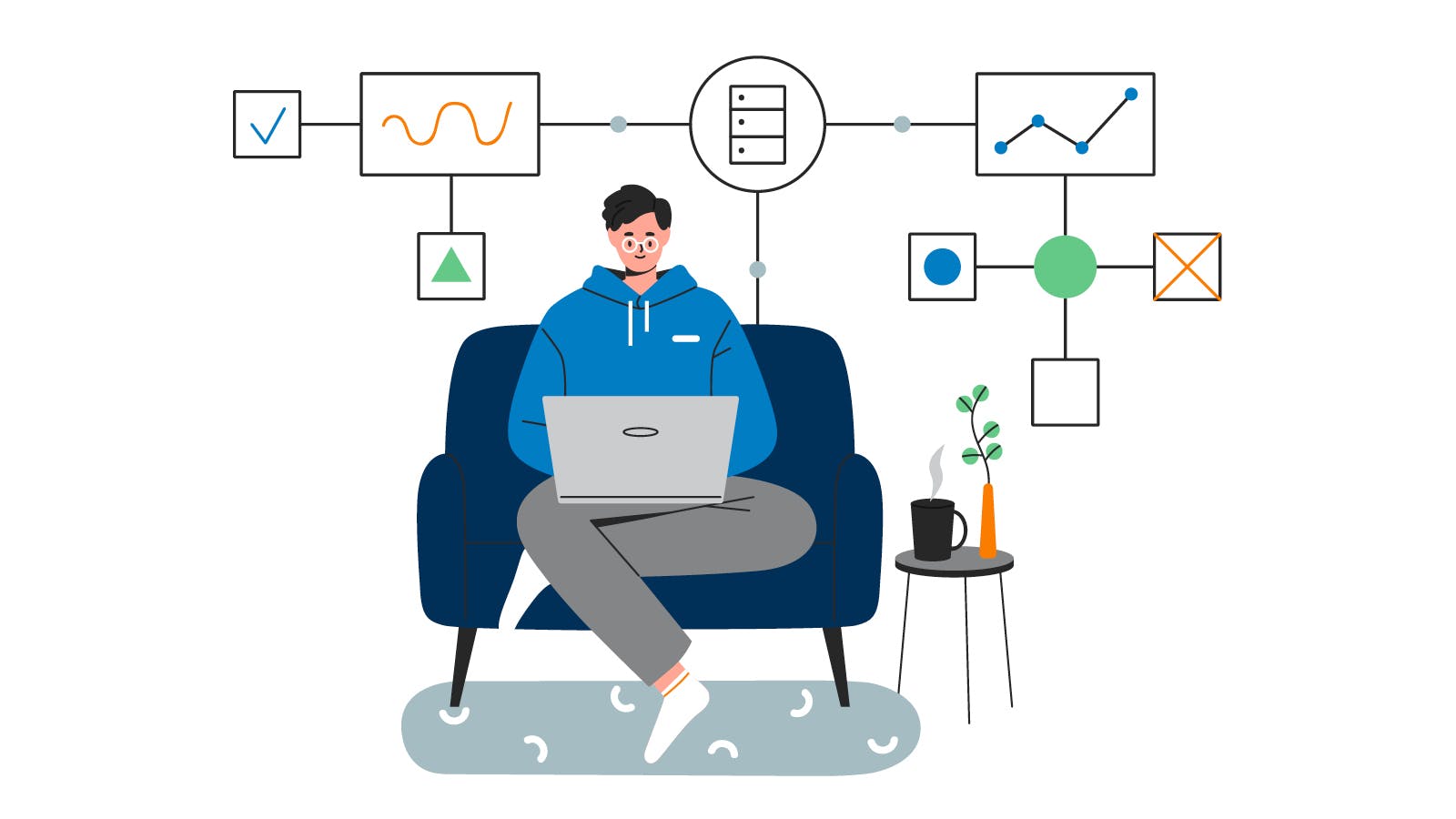Choosing to buy a home can be bittersweet! On the one hand, it symbolizes safety and security, allows for total personalization and can help build long-term wealth. It also limits your ability to move, can be costly, and comes with a degree of risk. If you’re considering purchasing a home, be sure to weigh the pros and cons before signing on the dotted line.
Pros to process
Pride
Homeownership is a near inextricable piece of the American Dream. Owning your very own home symbolizes investing in the future as well as providing stability and security for you and your family. The associated emotions are an important and powerful factor when it comes to weighing the homebuying pros and cons.
Tax advantages
Tax breaks associated with homeownership, including deductions and tax credits (Investopedia, 2020), are a major financial benefit. Homeowners may be able to save hundreds or even thousands of dollars when filing as a homeowner, depending on their financial situation.
Home equity
Home equity, or the portion of your home that you’ve paid off (Bankrate, 2020), is an extremely valuable asset. Over time, as you pay down your balance and reduce the amount you owe, the value of your home increases. You can then cash in on your equity when it comes time to sell, recouping every dollar and then some!
Lower long-term costs
A mortgage payment is usually not much more than renting so, when factoring in home equity, you’ll be saving money in the long run. Plus, as soon as your mortgage has been paid off, your monthly housing costs will essentially disappear. Investing in a home now can lead to substantial savings down the line!
Personalization
Whether scrapping and rebuilding a fixer upper, renovating the kitchen, or just slapping your favorite shade of paint on the walls, homeownership offers a unique opportunity to make the space your own. Gone are the days of asking your landlord for permission.
Cons to consider
Limited to one location
In order to build equity and make meaningful mortgage payments, you’ll likely want to stay in your new home for at least a couple years. Job changes, family emergencies, health issues and other unexpected circumstances are always a risk so, keep this in mind as you look at how the homebuying pros and cons relate to you personally.
Substantial costs
There are quite a few different costs that go into a home purchase (CFPB). Down payment, fees and closing costs can all increase the initial price tag. Plus, on top of upfront costs, you’ll also be responsible for all maintenance, interest and repairs moving forward.
Potential for missed payments
A home is an investment, and it doesn’t come without risk. Your mortgage will likely be the largest loan you’ll ever take out. Failing to pay in full and on time could have serious ramifications including damaging your credit score, triggering late fees or, depending on the number of missed payments, foreclosure.
Potential depreciation
Unfortunately, there’s no guarantee that your home’s value will grow. Some homeowners may find themselves underwater (Investopedia, 2019), or owing more than their home’s value, if local home prices stall or drop. Wear and tear or inadequate maintenance can also lead to depreciation over time.
Liquidity
While a home is a powerful asset, it isn’t particularly liquid. If you may need quick-access to a large sum of money in the near future, you likely won’t want all of your funds tied up in your home.
How to navigate the homebuying pros and cons
At the end of the day, purchasing a home is an investment that comes with its own unique risks and rewards. No one can predict the outcome of any one investment, and some have more risk tolerance than others. Tuning into your unique situation and thoughtfully weighing the homebuying pros and cons can help you decide if the path to homeownership is right for you.
Published on October 26, 2020


